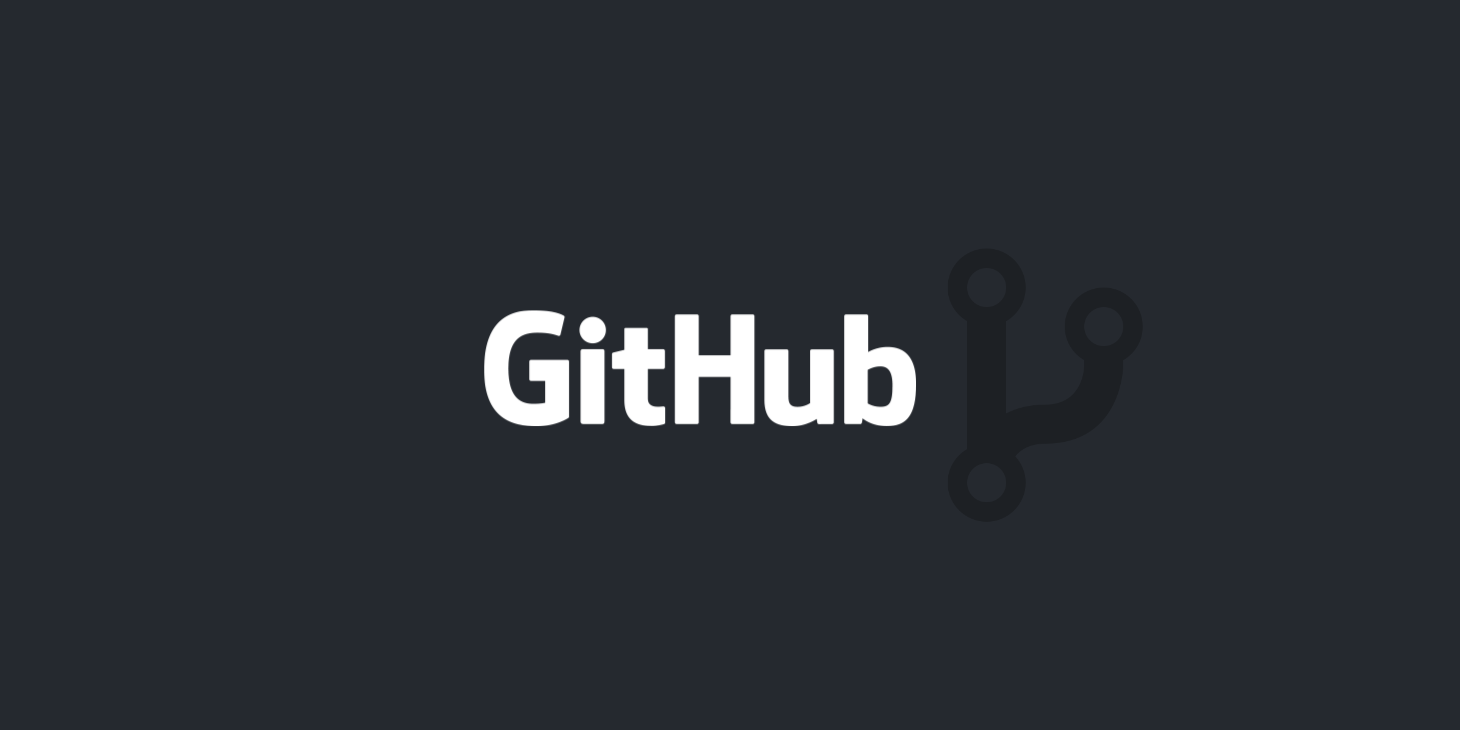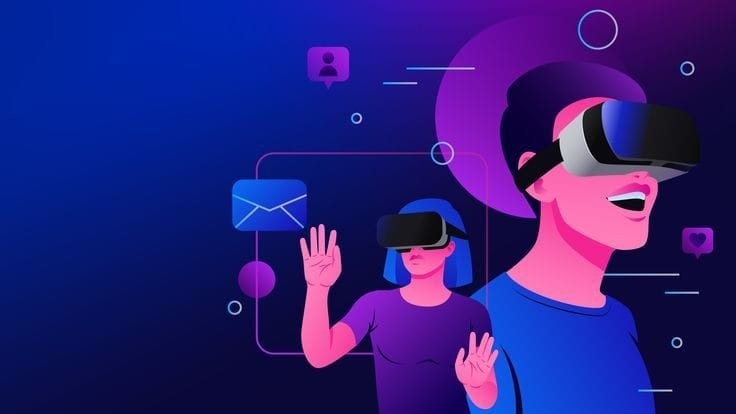Description
Introduction of Advanced Quantum Computing
Quantum computing represents a significant leap forward in computational capabilities, harnessing the principles of quantum mechanics to solve complex problems more efficiently than classical computers. This advanced training program delves into the sophisticated theories and practical applications of quantum computing. Attendees will explore advanced algorithms, quantum error correction, and real-world implementations, equipping them with the knowledge to tackle cutting-edge challenges in the field.
Prerequisites
- Basic Understanding of Quantum Mechanics: Familiarity with fundamental concepts such as superposition, entanglement, and quantum gates.
- Introductory Quantum Computing Knowledge: Basic understanding of quantum algorithms and quantum circuits.
- Programming Skills: Experience with programming languages such as Python, particularly in quantum computing libraries like Qiskit or Cirq.
- Mathematical Foundation: Proficiency in linear algebra and probability theory.
Table of Contents
1: Introduction to Advanced Quantum Computing
- Overview of Quantum Computing Evolution
- Key Concepts and Terminology
- Review of Basic Quantum Computing Principles
- Introduction to Quantum Algorithms: A Recap
2: Quantum Algorithms and Complexity
- Advanced Quantum Algorithms (e.g., Quantum Phase Estimation, Grover’s Search Algorithm)
- Quantum Complexity Classes
- Comparative Analysis: Quantum vs. Classical Algorithms
3: Quantum Error Correction and Fault Tolerance
- The Importance of Error Correction in Quantum Computing
- Fundamental Quantum Error Correction Codes (e.g., Shor Code, Surface Codes)
- Techniques for Fault Tolerance and Error Mitigation
4: Quantum Hardware and Architectures
- Overview of Quantum Hardware Technologies (e.g., Superconducting Qubits, Trapped Ions)
- Recent Advances in Quantum Hardware
- Challenges and Solutions in Quantum Hardware Development
5: Quantum Software and Development Frameworks
- Introduction to Quantum Development Frameworks (e.g., Qiskit, Cirq, Microsoft Quantum Development Kit)
- Writing and Optimizing Quantum Code
- Debugging and Testing Quantum Programs
6: Quantum Computing Applications
- Quantum Computing in Cryptography
- Applications in Optimization Problems
- Quantum Machine Learning and Data Analysis (Ref:
- Case Studies: Real-World Implementations and Research
7: Future Trends and Research Directions
- Emerging Trends in Quantum Computing Research
- Potential Impact on Various Industries
- Ethical Considerations and Future Prospects
8: Hands-On Lab and Project Work
- Practical Exercises and Simulations
- Group Project: Designing a Quantum Algorithm for a Specific Application
- Presentation and Review of Group Projects
Conclusion
- Summary of Key Learnings
- Discussion of Open Questions and Future Research Areas
- Resources for Further Study and Research Opportunities
This structure should provide a comprehensive and engaging learning experience, covering both theoretical and practical aspects of advanced quantum computing.







Reviews
There are no reviews yet.